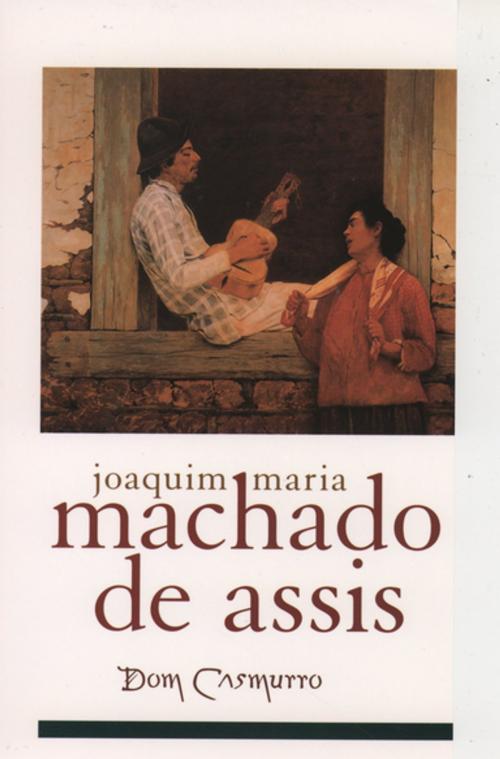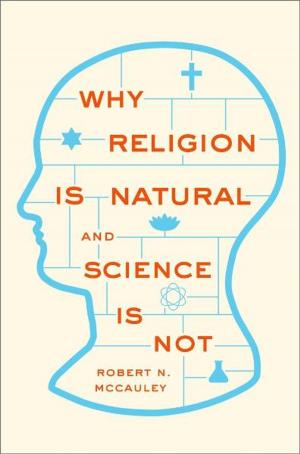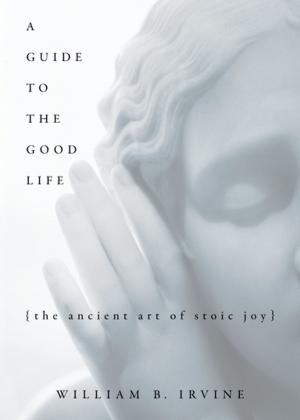| Author: | Joaquim Maria Machado de Assis | ISBN: | 9780199938797 |
| Publisher: | Oxford University Press, USA | Publication: | November 20, 1997 |
| Imprint: | Oxford University Press | Language: | English |
| Author: | Joaquim Maria Machado de Assis |
| ISBN: | 9780199938797 |
| Publisher: | Oxford University Press, USA |
| Publication: | November 20, 1997 |
| Imprint: | Oxford University Press |
| Language: | English |
Like other great nineteenth century novels--The Scarlet Letter, Anna Karenina, Madame Bovary--Machado de Assis's Dom Casmurro explores the themes of marriage and adultery. But what distinguishes Machado's novel and what makes it such a delightful discovery for English-speaking readers, is its eccentric and wildly unpredictable narrative style. As he recounts the events of his life from the vantage of a lonely old age, the narrator Bento continually interrupts his story to reflect on the writing of it. But the novel is more than a performance of stylistic acrobatics. It is an ironic critique of Catholicism, in which God appears as a kind of divine accountant whose ledgers may be balanced in devious as well as pious ways. It is also a story about love and its obstacles, about deception and self-deception, and about the failure of memory to make life's beginning fit neatly into its end. This crisp new translation by John Gledson is the only complete, unabridged, and annotated edition available of one of the most distinctive novels of the turn of the century.
Like other great nineteenth century novels--The Scarlet Letter, Anna Karenina, Madame Bovary--Machado de Assis's Dom Casmurro explores the themes of marriage and adultery. But what distinguishes Machado's novel and what makes it such a delightful discovery for English-speaking readers, is its eccentric and wildly unpredictable narrative style. As he recounts the events of his life from the vantage of a lonely old age, the narrator Bento continually interrupts his story to reflect on the writing of it. But the novel is more than a performance of stylistic acrobatics. It is an ironic critique of Catholicism, in which God appears as a kind of divine accountant whose ledgers may be balanced in devious as well as pious ways. It is also a story about love and its obstacles, about deception and self-deception, and about the failure of memory to make life's beginning fit neatly into its end. This crisp new translation by John Gledson is the only complete, unabridged, and annotated edition available of one of the most distinctive novels of the turn of the century.















